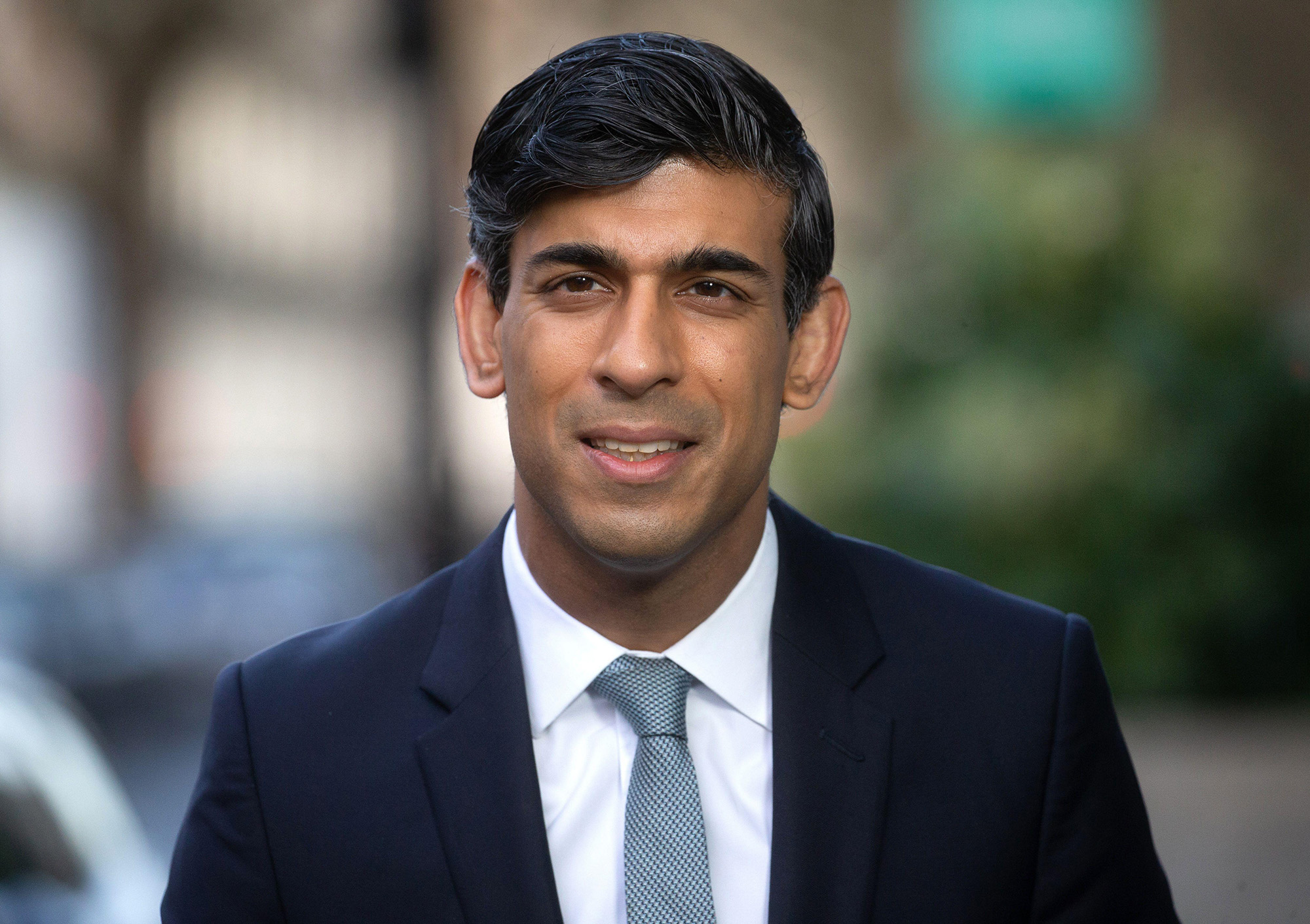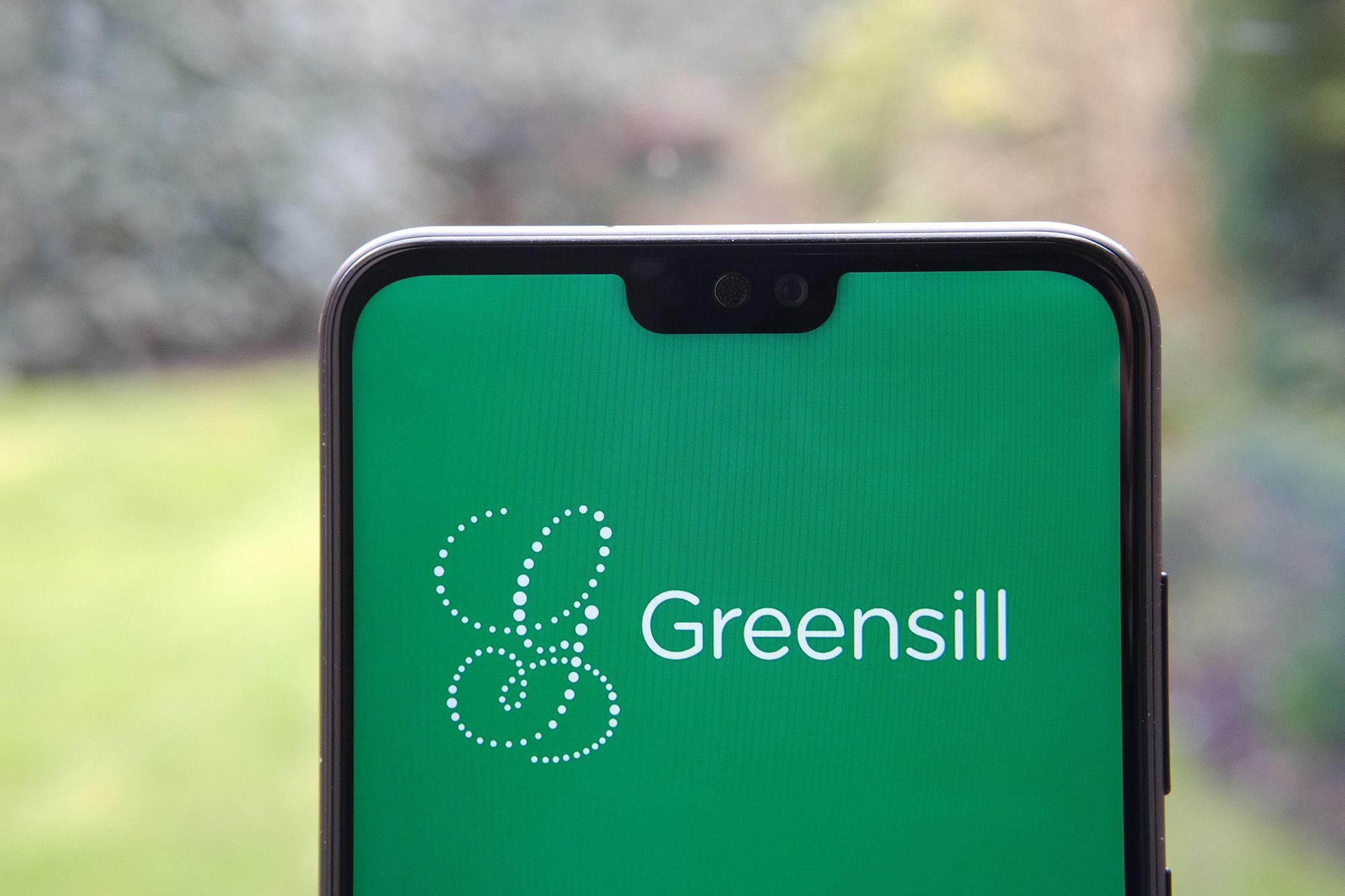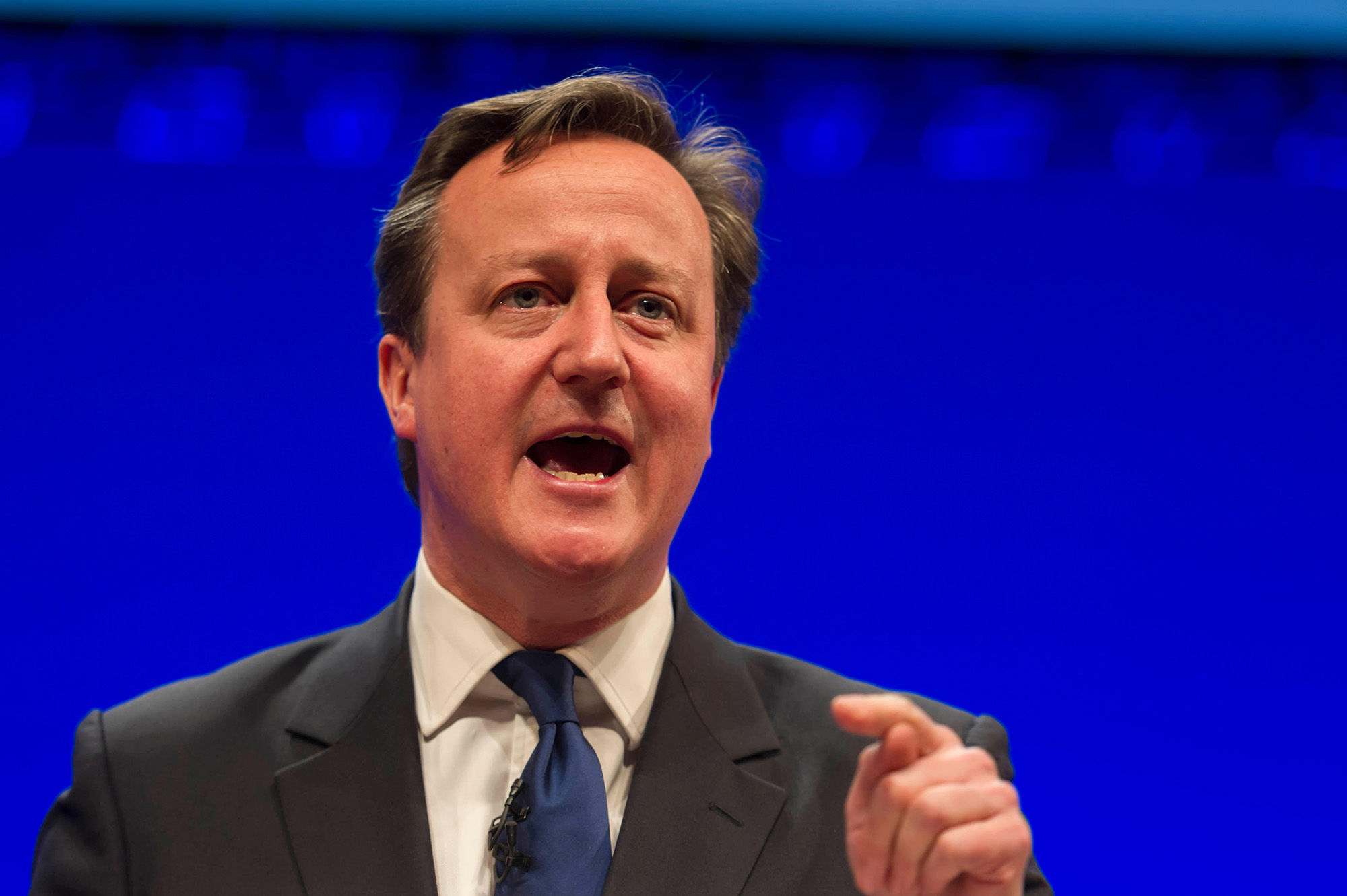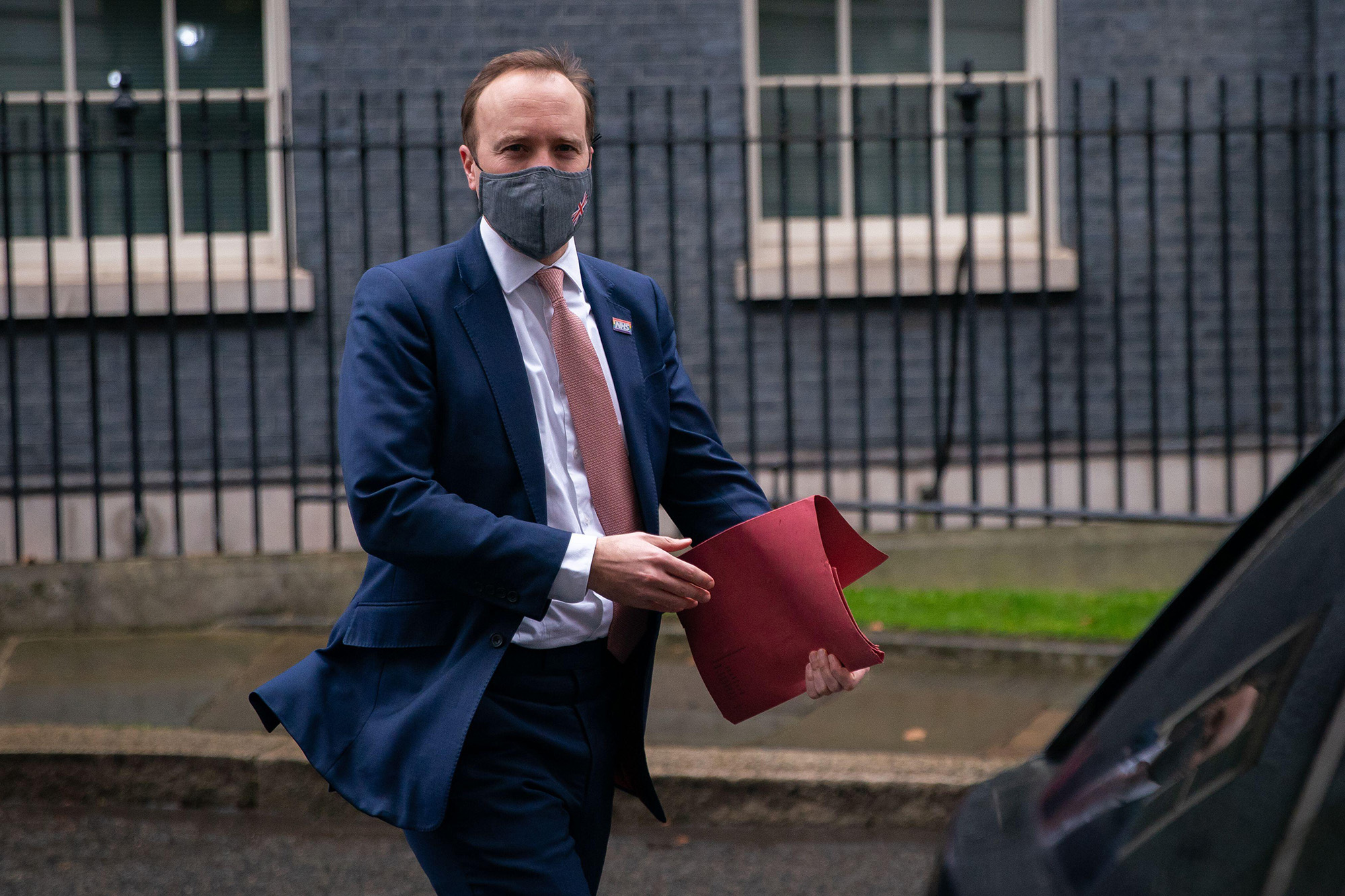Questions Remain For David Cameron Over Greensill Lobbying Scandal, Despite Ex-PM Breaking His Silence
David Cameron broke his month-long silence over the Greensill lobbying scandal with a 1,700 word statement on Sunday night (Alamy)
6 min read
David Cameron finally broke his silence on his role in the Greensill lobbying scandal but critics say “serious questions remain unanswered” over his actions and those still in government.
The former Prime Minister put out a lengthy statement on Sunday night where he accepted he should have communicated with ministers "through only the most formal of channels”, and having "reflected on this at length" he accepts there are "important lessons to be learnt”.
Having been cleared by the lobbying watchdog last month, Cameron is attempting to draw a line under the saga after damaging allegations in The Sunday Times and the Financial Times in recent weeks.
But Labour want him to return to Parliament to face MPs after it was reported he took the financier – his then employer – Lex Greensill to a “private drink” with health secretary Matt Hancock to discuss using his supply chain finance system in the NHS.
Earlier last week, the Treasury confirmed the ex-PM contacted the Chancellor Rishi Sunak on his private phone pushing for Greensill Capital to be involved in a coronavirus loan scheme, as well as two other ministers in the same department.
The matter was initially referred to the Registrar of Consultant Lobbyists, but it concluded his activities had not fallen within the criteria that required registration, believed to be because Cameron was listed as an employee of the firm – which has since collapsed – and was therefore exempt.
However, a number of other investigations could still take place into his actions, with the powerful Committee on Standards in Public Life indicating it will consider submissions to look into such lobbying - though it does not have the remit to investigate individuals.
Lord Pickles, a Cabinet minister in Cameron’s government who is now chairman of the advisory committee on business appointments, told them it is something they should look at.
Giving evidence to the committee on its review on the rules which govern public life, he said: “I think there should be a review of lobbying and this [the allegation against Cameron] is something that maybe we need to take into consideration.
“Prime ministers and ex-prime ministers are powerful people. It’s important that the system is resistant to powerful people.”

Within Parliament itself, Cameron may face questions by the business select committee, which is drawing up plans for an inquiry into Liberty, Britain’s third largest steel producer, whose largest financial backer was Greensill, and is now facing its own crisis.
But this could be blocked by Tory MPs on the committee, something which has already happened at the Treasury select committee, who turned down calls for an official inquiry into Greensill’s collapse and Cameron’s lobbying efforts.
That decision was made before many of the most dramatic revelations about the former PM’s actions were made public though, and they may now decide to look again.
Sir Tom Scholar, the permanent secretary at the Treasury who was involved in discussions about Greensill’s access to coronavirus funding, will definitely be facing MPs on the issue, as he is due to appear before the Public Accounts Committee on April 22.

The row centres on the company's application to the Bank of England’s Covid corporate financing facility, which was initially rejected, leading to repeated lobbying by Cameron and others to look again.
The decision was not overturned, but the firm was later accredited to another pandemic fund, the coronavirus large business interruption loan scheme.
This gave it the ability to access government-backed loans of up to £50million, a decision the National Audit Office is now considering whether to investigate.
There are also questions over the number of messages Cameron sent to Sunak and their content, after the Treasury chose to publish only the Chancellor’s replies, but not the texts sent to him.
In response to an FOI last week it said he had “an expectation of confidence” as Cameron was speaking as an employee of Greensill.
But after Cameron’s statement acknowledged he had been using his role as the former PM to try and influence those in government, it now seems unlikely they can continue to use this exemption to not disclose them.

There is also pressure on Sunak to give a fuller explanation of what actions he took in response to the lobbying, after one of his messages said: “I have pushed the team to explore an alternative”.
Sunak wrote there were “no guarantees, but the Bank are currently looking at it and Charles should be in touch”, referring to Charles Roxburgh, the second most senior civil servant at the Treasury.
Similarly after it was confirmed he also “reached out informally by telephone” to Jesse Norman, the financial secretary, and John Glen, the economic secretary, there are calls for them to disclose their roles in the saga.
Hancock is also under mounting pressure to explain his meeting with Greensill, which was not recorded in the government transparency logs, and for which there are no minutes.
NHS Shared Business Services later announced a pilot scheme with Earnd, a company owned by Greensill Capital, to pay health workers weekly or daily.

For Cameron himself there are a number of unanswered questions despite his attempt at transparency through his 1,700 word statement to the Press Association, breaking nearly a month-long silence.
Not least whether when he said in 2010 in the wake of the expenses scandal that lobbying was the “next big scandal waiting to happen” that he would be involved in it.
He gave a speech about the “the far-too-cosy relationship between government, business and money”.
“We all know how it works.The lunches, the hospitality, the quiet word in your ear, the ex-ministers and ex-advisers for hire, helping big business find the right way to get its way. In this party, we believe in competition, not cronyism," he said.
Before entering Number 10 he said “sunlight is the best disinfectant”, but it remains to be seen if the current Prime Minister wants to pursue the matter.
Sources have suggested Boris Johnson is not minded to overhaul the current rules on lobbying, but it will be likely another week before the current Prime Minister can be questioned on the matter due to the suspension of political activity ahead of the Duke of Edinburgh’s funeral on Saturday.
The period of national mourning gives those in government some breathing space before any further inquiries can take place, but the matter is unlikely to go away anytime soon.
